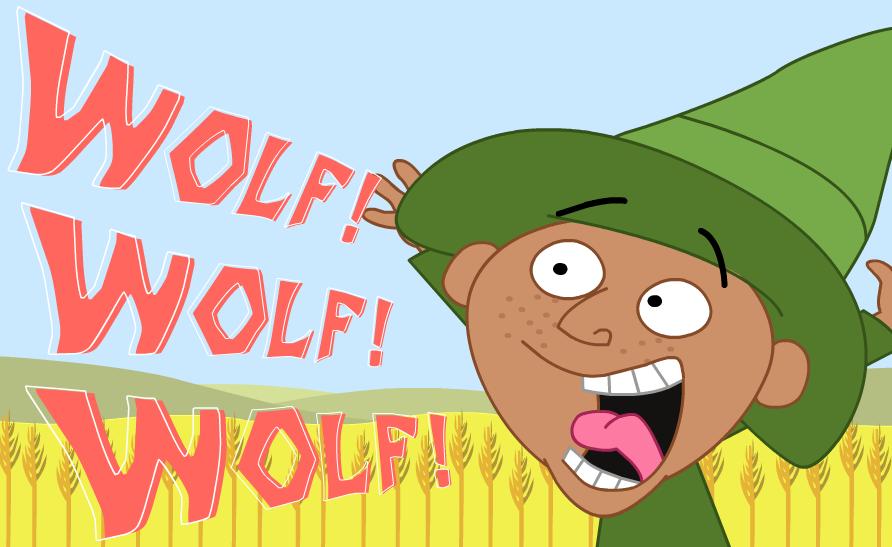Banned:I Do Not Think It Means What You Think It Means
I regularly see articles on the Internet about school libraries or public libraries banning books. There are lists of banned books that include lists of libraries that have “banned” books by not putting them on their shelves. I want as many people to have access to as many books as possible, but in virtually every case that I have seen either the people writing the article don’t know the meaning of the word ban or they are deliberately misleading someone in order to get attention.
What these articles almost always mean is that a library has removed a book from circulation or in some even worse cases, chosen not to buy the buy and put it on the shelf. Now I’m not a librarian but I know something about libraries and one of the things I know is that not every library has every book ever written. So, in the second case the article should really read, “Library chooses not to buy a book I think they should have.” More importantly in those cases it really is basically calling people names because they made a decision you didn’t agree with. Should Huckleberry Fin be in a school library. I think so, but there are plenty of other books that should be too and in most cases the libraries are very small and they have to pick very carefully, so why put books on the shelf that are going to be controversial.
But the real question is about people taking books off the shelves because of complaints. To be clear, this is not by any stretch of the word banning a book. Banning has a very simple definition. The one relevant here reads “To prohibit (an action) or forbid the use of (something), especially by official decree.”
You’ll probably see the problem. First, the library doesn’t make decrees and secondly no one is prohibiting the reading of the book. It’s like saying that the government is banning the use of Pepsi because they aren’t giving it to people for free.
Now I’m not saying that librarians should remove books from shelves because someone complains. I’m saying that when you say they banned the book you’re being at best disingenuous in order to get attention. If what you’re saying is important you should be able to tell people without having to be dishonest in the way you present your argument.
But it isn’t just that people misuse the word ban, though that really does bother me, but they don’t present the whole case. One good example is that there were a number of articles about dictionaries being banned from a school classroom because it had words that some parents had complained about in it. (I honestly don’t remember what the words were.) What the articles that were trying to get people worked up didn’t say was that they were removed temporarily while someone looked at them to decide if they were inappropriate or not and then returned. It simply said that evil people had banned dictionaries from a classroom.
I think that people in general, and children especially, should read books that challenge them and sometimes that means pushing the limits of good taste. I also do not believe that it is the job of the government to ban books or limit access to any information beyond that which is very dangerous. (Feel free to limit the books on how to refine uranium if you feel that’s important.) But no matter how much you might dislike it if they remove The Catcher in the Rye from a high school library it hasn’t been banned. It’s just been made marginally more difficult to find and when you misrepresent that you’re crying wolf and when there really is a problem people are going to assume it the same old cries for attention and ignore you.
